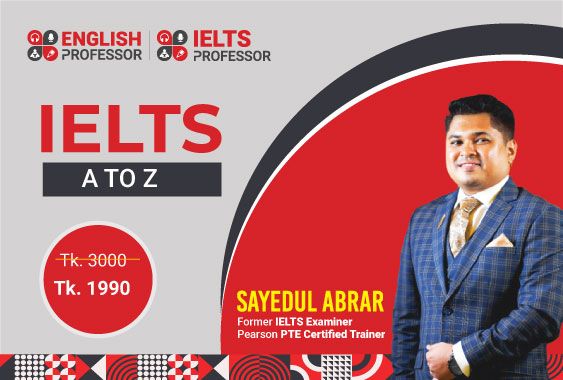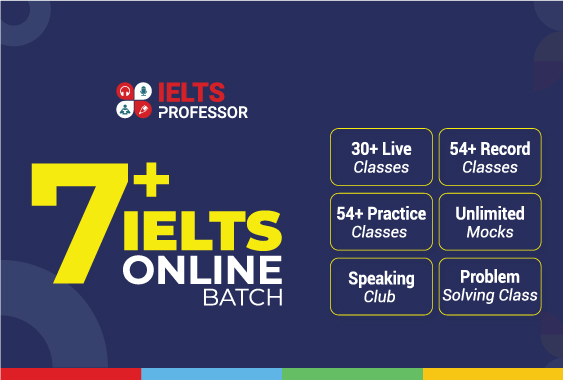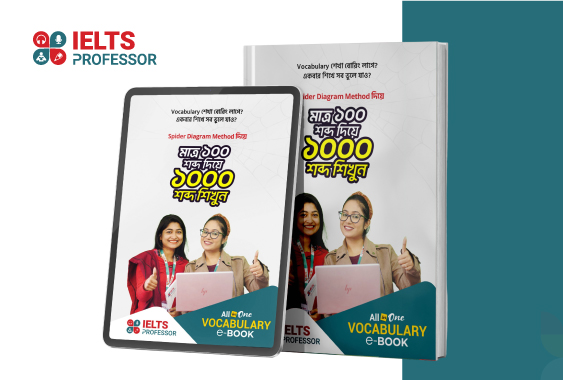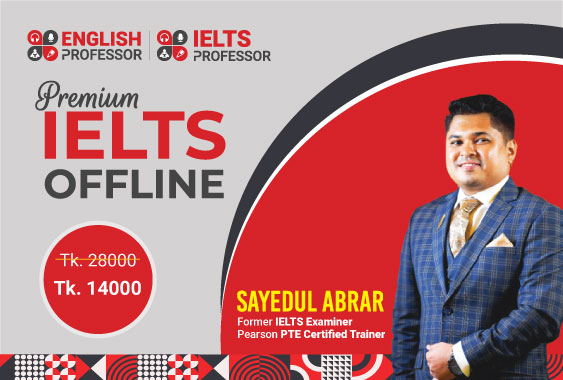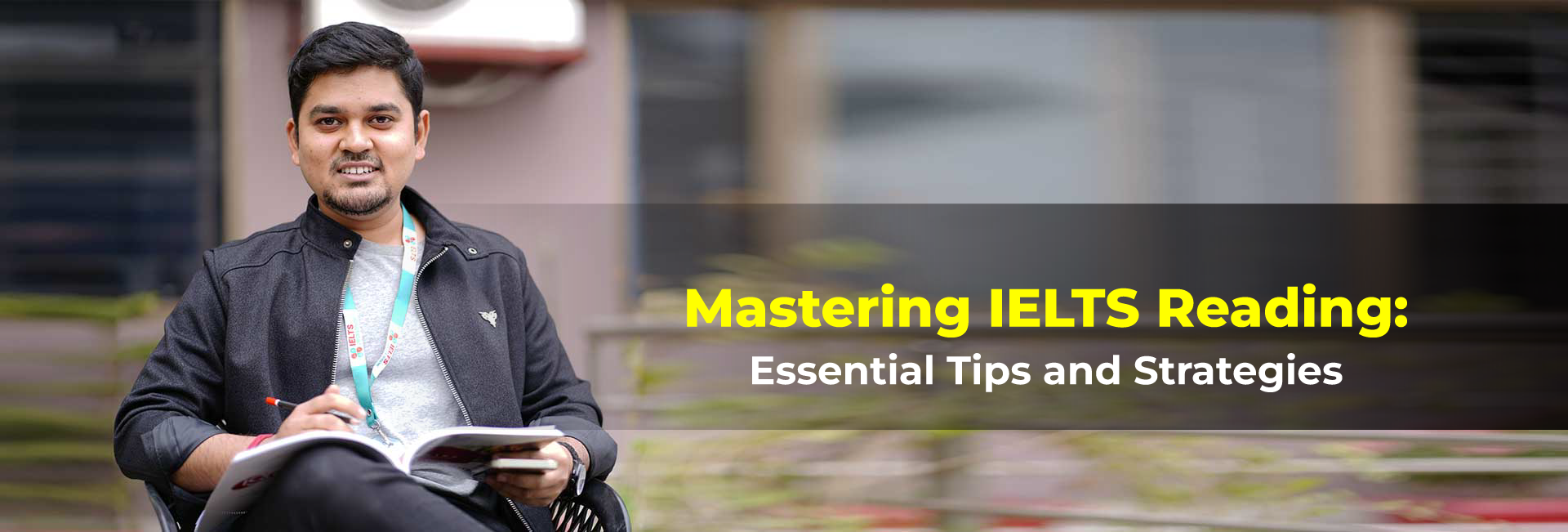
The IELTS reading section can be daunting,
but with the right strategies, you can significantly improve your performance.
Here are some effective tips to help you boost your reading skills and achieve
a higher score:
- Regular Practice: Consistency is
key. Dedicate time each day to read a variety of texts, such as
newspapers, magazines, academic journals, and online articles. This will
help you become familiar with different writing styles and expand your
vocabulary.
- Skimming and Scanning: Develop the
habit of skimming and scanning texts. Skimming involves quickly reading
through a passage to grasp the main idea, while scanning involves looking
for specific information. These techniques can save you valuable time
during the exam.
- Enhance Vocabulary: A robust
vocabulary is essential for understanding complex texts. Create a
vocabulary journal and add new words you encounter during your reading
practice. Review and use these words regularly to reinforce your learning.
Focus on synonyms and antonyms, as they often appear in the exam.
- Practice with IELTS Materials: Use
official IELTS practice materials to get a feel for the types of texts and
questions you will encounter in the exam. This will help you become
familiar with the format and improve your time management skills. Take
timed practice tests to simulate exam conditions.
- Understand Question Types:
Familiarize yourself with the different types of questions in the IELTS
reading section, such as multiple-choice, matching headings, and
True/False/Not Given. Each question type requires a different approach, so
practice them all to build confidence.
- Develop Critical Reading Skills:
Focus on understanding the author's purpose, tone, and main arguments. Pay
attention to how information is organized and look for keywords that
signal important points. This will help you answer questions more
accurately.
- Answer All Questions: Even if
you're unsure about an answer, it's better to make an educated guess than
to leave it blank. There is no penalty for incorrect answers, so take
advantage of this.
- Review and Reflect: After
completing practice tests, review your answers and identify areas where
you made mistakes. Reflect on why you got certain questions wrong and work
on improving those areas.
By incorporating these strategies into your
study routine, you'll be well on your way to mastering the IELTS reading
section and achieving your desired score. Happy studying!





